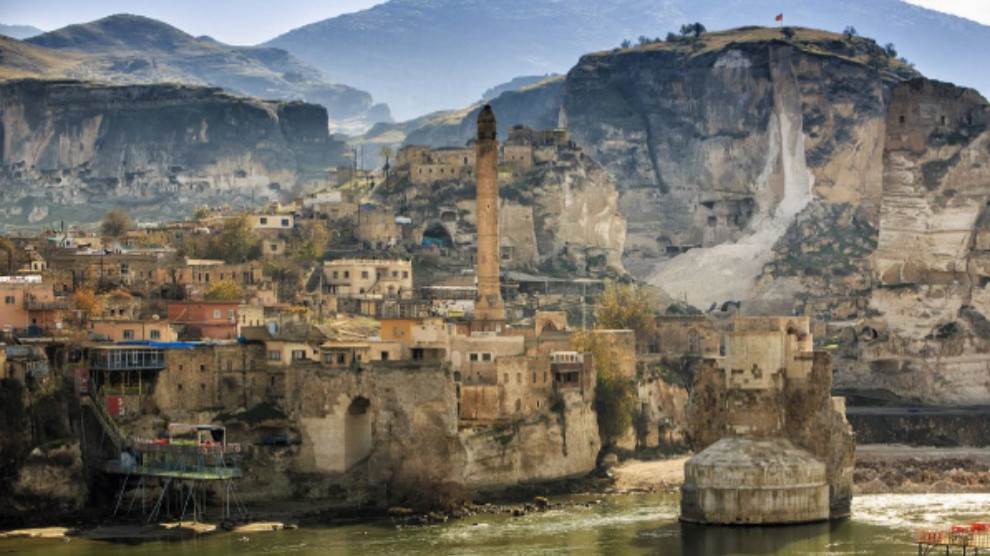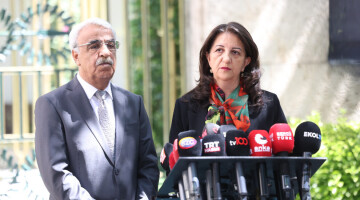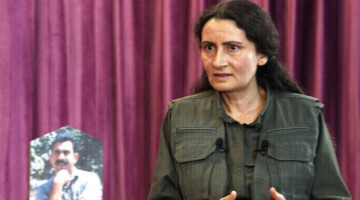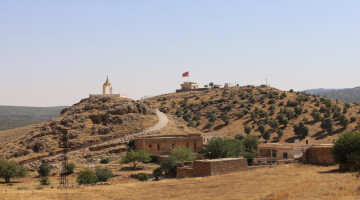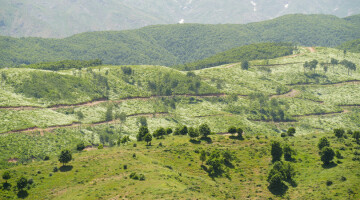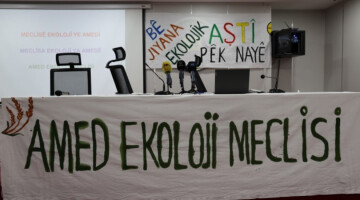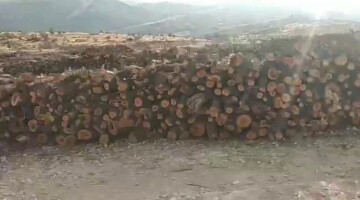The 12,000-year-old Hasankeyf is under the threat of the Ilisu Dam, which will be flooding it. Despite protests from many parts of the world, history and nature plunder continues.
Mehmet Uçar, spokesperson for the Culture and Arts Commission of the Peoples' Democratic Party (HDP) Istanbul Province Organization, wrote a play called ‘For Hasankeyf' to create awareness about the imminent destruction of this historical site.
The 80-minute play was performed by Ali Yildirim in Baris Manco Theater Hall. Five minutes of videos were prepared and published on social media.
Speaking to ANF, Uçar said that the policy of assimilation of Kurdish culture has been replaced by history destruction. "Assimilation is a dimension in the policy of destroying cultures, but the real issue is capitalist modernity" he said. Uçar underlined that if the reaction about Hasankeyf imminent destruction was high in the world, the voices in Turkey were few.
A play to move consciences
Stating that he felt the responsibility of writing the play because of his feelings about the destruction of the historical heritage, Uçar said: "We had to do something as HDP Culture and Art Commission for Hasankeyf. When I shared my concerns with friends in the commission, they agreed. We got in touch with Ali Yıldırım. He had a rehearsal for a day or two. The play is out and ready."
Destroying a millenary heritage for a 50-years lasting dam
Uçar also emphasized the cultural importance of Hasankeyf. "12 thousand years of history is easy to say but when you look at the chronology you go back to the Medes, the Persians."
Uçar added: "The Sumerians invented writing, they would be jealous if they saw the pencil, there is such a saying. I was really startled when I thought about it. There is such a historical heritage and we can sacrifice it for a dam which will last 50 years ”.
Uçar thinks that the play may have an effect. “Of course it will have an effect, but we cannot speak of an overall effect. Do we have the power to change reality? We will see this in time."
There are many activities, not just the play, Uçar said, adding: "This is the part we worry about; the effect. Triggering reality is a sensibility in humans. I believe we can do it. On July 14, a number of actions and activities called 'the big jump' took place in defense of Hasankeyf. When you mention Hasankeyf, everyone finds a piece of himself. He knows that part of his history is in Hasankeyf. There have been actions in America, Germany, Brazil, Switzerland and many other countries of the world. When something is done on the right basis, it is rewarded.”
People in Turkey not aware enough
Uçar also evaluated the fact that some of the local people had to sell their land and have to migrate from there and expressed concern that the people living there showed less sensitivity than other people.
"I do not believe that our response or sensibility is met by the local people who live there", he said, but pointed out that this is because of the living conditions and the policies of the state in the region.
Pointing out that there is no hotel or accommodation in the region despite Hasankeyf being a historical site, Uçar stated that this is in contrast to the definition of 'tourism paradise'.
In this respect, the local people were living in serious economic difficulties, said Uçar, and were forced to migrate. These people now living in high buildings will have, in time, serious cultural problems, he noted.
Reminding that many projects, such as the Green Road in Hopa, Sinop HEPP projects, have been canceled following huge pressure and campaign from the people, Uçar said that despite the protest by Kurds the construction of the dam in Hasankeyf is still on.
Uçar believed that there was a time when everyone just was worried for their own pain. Talking about an estrangement at the level of emotion, Uçar thinks that this is due to capitalist modernity.

